#Saint Augustine
Note
i know that as a catholic you just have to believe with what the church says but i really dont like the belief of the original sin, i feel like its such a horrible thing to believe about yourself and about other human beings too
There are actually ways of legitimately dissenting from Church teaching from less essential teachings in a way that leaves you in good standing with the Church; I'm not sure if Original Sin is one of those things, though, to be honest.
But, anon, I'm going to offer another perspective here, starting from a quote (perhaps ironically?) from my favorite heretic. One of the things that James Carroll believes is that Original Sin has been given a bad wrap. In Constantine's Sword, he says:
I referred to Augustine’s assertion of the idea that the human condition implies a perennial state of finitude, weakness, and sin, all of which will be overcome, even for the Church, only with the end of time. [...] Augustine is thus regarded as the father of a severe, flesh-hating, sin-obsessed theology, but that dark characterization misses the point of his insight. His honest admission of the universality of human woundedness is a precondition for both self-acceptance and the forgiveness of the other, which for Augustine always involved the operation of God’s grace, God’s gift. Only humans capable of confronting the moral tragedy of existence, matched to God’s offer of repairing grace, are capable of community, and community is the antidote to human woundedness. Augustine sensed that relationship as being at the heart of God, and he saw it as being at the heart of human hope, too. This is a profoundly humane vision.
I wish I had understood the spirit of this quote when I was in high school. I remember learning in my World History class that Islam teaches that all children are born good, and then the world makes them evil. And I remember my teacher asking how that compares with Christianity, and I raised my hand and said that Christianity teaches that all of us are born evil. Because I believed that at the time. And, really, the whole framing of that question was wrong and gave really simplistic representations of what Islam and Christianity teaches, but I don't think we're alone in having internalized that understanding, anon. And that's a shame.
I thin it's important to remember the worldview that the doctrine of Original Sin is actively defending us against; there was an idea, that gets called "Pelagianism" (the poor guy it got named after may not even have believed it), that said that humans were capable of being saved on their own, by their own power. Someone on this site recently asked what people's thoughts on Pelagianism were, so you can read my thoughts here. But to keep it short and sweet, I think Original Sin is an important doctrine because it saves you from the need to be perfect.
There are ways to treat Original Sin that I think are certainly unhealthy, and I think the doctrine can be a source of anxiety and fear. But I also think, very deeply, that Original Sin should be a reason why we treat ourselves and especially our neighbor with kindness and understanding. I can look at myself and say "What I do, I do not understand. For I do not do what I want, but I do what I hate. […] For I do not do the good that I want, but I do the evil I do not want" (Romans 7:15, 19). And I can say that because I know I am ontologically wounded; that all of us have our weaknesses. That while we may still be in the moral wrong for committing a morally wrong action, our wills are compromised in a way that causes us to incline towards the comfortable and the easy rather than the good.
I wish I could go back in time and tell that class that Christianity does not teach that people are born evil. I wish I could go back and tell them that it teaches that we are born in a state of dis-integration, that we are wounded beings yearning for wholeness; alienated beings seeking everlasting belonging; beings lost in darkness, seeking the light. But I can say it now: the doctrine of Original Sin doesn't have to be an occasion to think you're depraved and without value, but it can be an invitation to come to terms with your own woundedness, because doing that (to use the words of Lutheran theologian Nancy Eiesland) "opens a space for the inflowing of grace and acceptance."
#Christianity#Catholicism#Original Sin#James Carroll#asks#Saint Augustine#Pelagianism#grace#Epistle to the Romans#sin#weakness#Lutheranism
36 notes
·
View notes
Text

‘Saint Augustine’ (detail) by Philippe de Champaigne, c. 1645-1650.
#Philippe de Champaigne#vintage art#classic art#art#art history#old art#painting#art details#vintage#oil painting#moody art#saint augustine
2K notes
·
View notes
Text
Just gonna drop this here in case any of you need a little beach in your life this morning. 🌊🐚🔊
#saint augustine#florida#micklers beach#Saint Augustine Florida#st augustine#beachlife#beaches#beach#florida beach#ocean view#ocean#sea waves#ocean waves#waves#seashore#my video#personal
273 notes
·
View notes
Quote
The world is a book, and those who don't travel read only a page.
Saint Augustine
#Saint Augustine#motivation#quotes#poetry#literature#relationship quotes#writing#original#words#love#relationship#thoughts#lit#prose#spilled ink#inspiring quotes#life quotes#quoteoftheday#love quotes#poem#aesthetic
151 notes
·
View notes
Quote
The world is a book, and those who don't travel read only a page.
Saint Augustine
#Saint Augustine#motivation#quotes#poetry#literature#relationship quotes#writing#original#words#love#relationship#thoughts#lit#prose#spilled ink#inspiring quotes#life quotes#quoteoftheday#love quotes#poem#aesthetic
76 notes
·
View notes
Text
Cleanse me from my secret sins, O Lord
Confessions, Saint Augustine
72 notes
·
View notes
Text
What remains today of Newton's fundamental breakthrough? Modern life, our system of education founded on the requirements of punctuality, scholastic exercises on the charts of train schedules, geographic maps—all this inculcates in us, from childhood, a very Newtonian idea of space and time. This is why we have such difficulty perceiving the absurdity of questions such as"What lies beyond the limits of the universe?" or "What existed before the creation of the world—or before the Big Bang?" We marvel at the apparent modernness of Saint Augustine, who was already addressing similar questions fifteen centuries ago: "Time did not exist before heavens and earth.” But few among us know or have really assimilated the Kantian critique of the concepts of space and time. Kant constructed this critique specifically to chart the boundaries between knowledge and faith, to free science from metaphysical presuppositions, to deliver geometry from the shadow of theology to which Newton had in fact ascribed it. For Kant, space and time are not things in themselves but "forms of intuition”—in other words, they constitute a canvas that allows us to decipher the existence of the world. According to Kant, things "in themselves" are neither in space nor in time. It is the human mind that, in the very act of perception, superimposes these categories, which are its own and without which perception would be impossible. This does not exactly mean that space and time are illusions or pure inventions of the human mind. These frameworks are imposed on us through empirical contact with nature and are not, therefore, "arbitrary.” They no more belong to things in themselves than they belong to the mind alone; rather, they exist because of the dialogue between the mind and things. They are, in the final analysis, an unavoidable product of motion itself by means of which the mind searches to apprehend—to understand—the outside world.
Rémy Lestienne, The Children of Time: Causality, Entropy, Becoming
#quote#Rémy Lestienne#Lestienne#Remy Lestienne#time#science#Kant#Immanuel Kant#St Augustine#theology#Saint Augustine#religion#physics#entropy#causality#space#space-time#spacetime#mind#education#Newton#Isaac Newton#philosophy
162 notes
·
View notes
Note
i just downloaded this app and you're one of the best ones i've followed! i love your page so much! I wonder if you're still open for requests? If you are, please post something about a connection that felt so forced and full of misunderstanding. But if you aren't, I don't really mind! I'm loving your page already anyway! Have a nice day :")


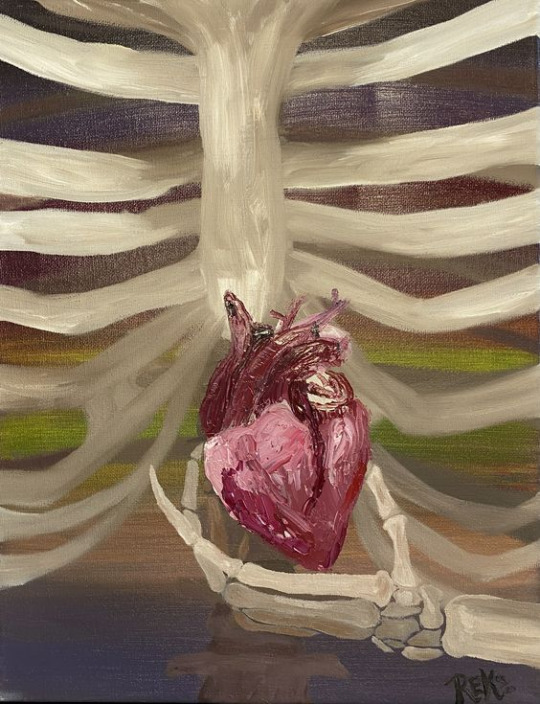
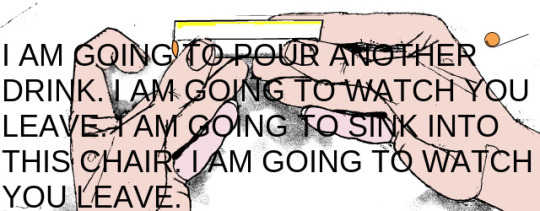
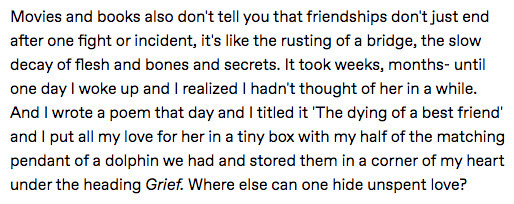
Hishaam Siddiqi Where did you go? / Philippe de Champaigne Saint Augustin / pinterest / @jovialtorchlight / Ritika Jyala The world is a sphere of ice and our hands are made of fire
#did my best with this one#on heartbreak#on loss#on love#on longing#on yearning#web weave#web weaving#poetry compilation#poetry parallels#hishaam siddiqi#where did you go?#philippe de champaigne#saint augustine#ritika jyala#the world is a sphre of ice and our hands are made of fire#poetry#words#writing#text#quote#spilled ink#spilled words#spilled poetry#spilled thoughts#spilled feelings#dark academia quote#dark academia#dark academia poetry
169 notes
·
View notes
Quote
The world is a book, and those who don't travel read only a page.
Saint Augustine
#Saint Augustine#motivation#quotes#poetry#literature#relationship quotes#writing#original#words#love#relationship#thoughts#lit#prose#spilled ink#inspiring quotes#life quotes#quoteoftheday#love quotes#poem#aesthetic
392 notes
·
View notes
Text

54 notes
·
View notes
Text
People travel to wonder at the height of mountains, at the huge waves of the sea, at the long courses of rivers, at the vast compass of the ocean, at the circular motion of the stars; and they pass by themselves without wondering.
Saint Augustine (354 – 430), Confessions (c. 397), Ch. X
58 notes
·
View notes
Text
Latin Literature Tournament - Round 1
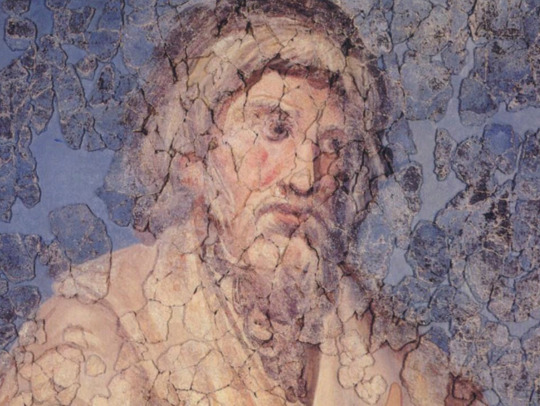

Propaganda for "The Carthaginian Cage Match" under the cut!
Apuleius Propaganda:
Cupid and Psyche... you all know it, you all love it
Moved back to Africa, married a milf, and got brought to court on charges of witchcraft. But no witchcraft, he's just built different
Seriously his defense speech is so fucking funny, you should read it if you haven't
Augustine Propaganda:
The Confessions is so good, guys. The Latin is just absolutely gorgeous
"Give me chastity and continence...but not yet." Legend.
He's so foundationally important for post-classical thought. If you're going to do any kind of serious reading in theology, analytical philosophy, or hermeneutics, you GOTTA read him
#tagamemnon#tumblr polls#tour#classics#ancient rome#latin#latin literature#augustine#apuleius#cupid and psyche#confessions#bracket#novel#theology#saint augustine
19 notes
·
View notes
Text
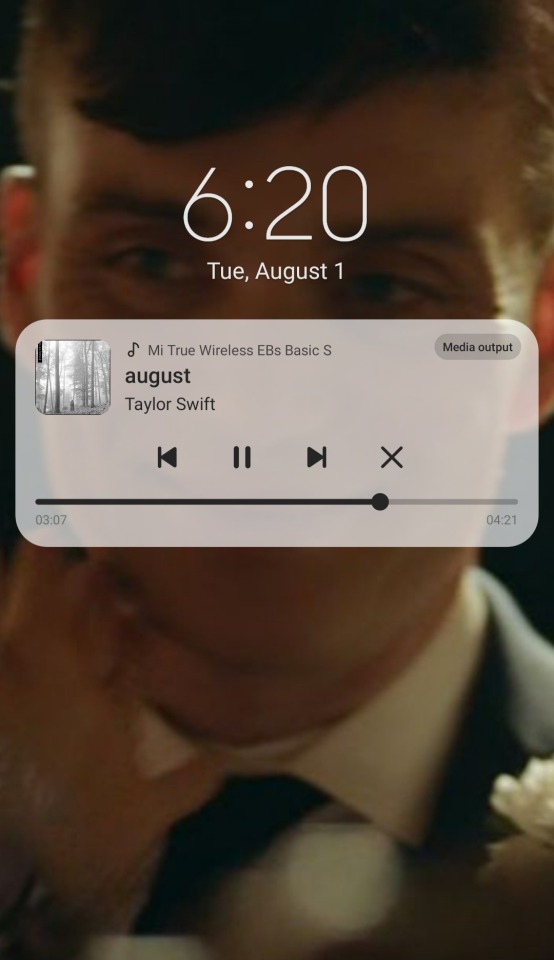
If you know, you know♡ :)
#august#taylor swift#marauders era#remus lupin#sirius black#grant chapman#wolfstar#jily#jegulus#harry potter#good omens#summer love#saint augustine#james potter#peter pettigrew#lily evans#thomas shelby x reader#wallpaper#song#now listening
56 notes
·
View notes
Quote
The world is a book, and those who don't travel read only a page.
Saint Augustine
#Saint Augustine#motivation#quotes#poetry#literature#relationship quotes#writing#original#words#love#relationship#thoughts#lit#prose#spilled ink#inspiring quotes#life quotes#quoteoftheday#love quotes#poem#aesthetic
171 notes
·
View notes
Text
Pissed because Augustine was definitely right when he said you had to learn Latin and Greek and Aramaic to talk about the Bible
Edit because I’m clearly stupid he said Hebrew not Aramaic 😭😭😭😭😭😭😭😭😭😭😭😭😭😭
#fucking bastard#Augustine#saint augustine of hippo#saint augustine#catholicism#catholic#christianity#religion#Bible
20 notes
·
View notes
Text
‘Grief darkened my heart’ (Lam. 5: 17). Everything on which I set my gaze was death.
My hometown became a torture to me; my father’s house a strange world of unhappiness; all that I had shared with him was without him transformed into a cruel torment. My eyes looked for him everywhere, and he was not there. I hated everything because they did not have him, nor could they now tell me ‘look, he is on the way’, as used to be the case when he was alive and absent from me. I had become to myself a vast problem, and I questioned my soul ‘Why are you sad, and why are you very distressed?’ But my soul did not know what reply to give.
St. Augustine, The Confessions
25 notes
·
View notes